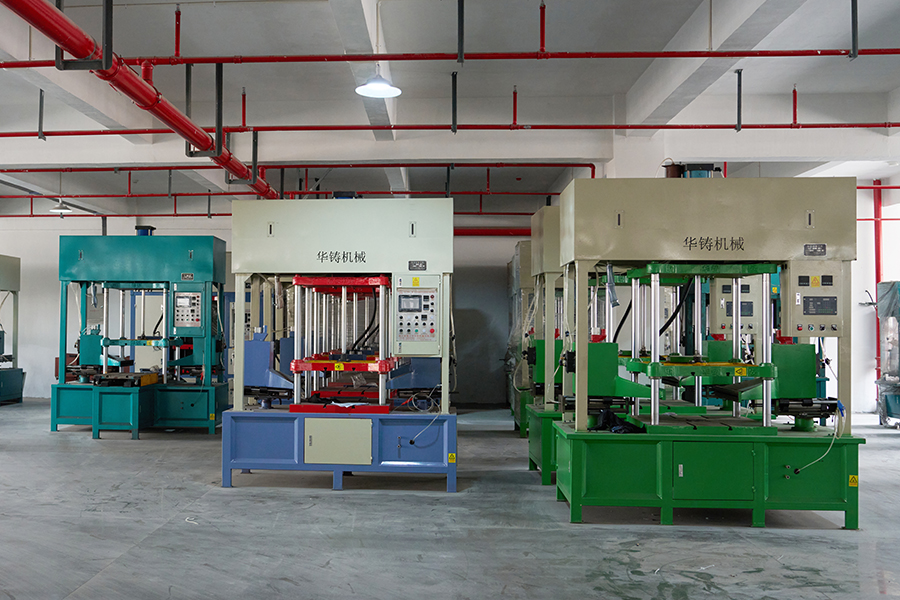CNC Auto Die Casting Machine Selection: Key Considerations for Performance
Industry News-A CNC auto die casting machine is an advanced piece of machinery designed to automate the process of die casting. These machines integrate CNC technology to ensure highly precise and automated operations, human intervention while maintaining consistent part quality. CNC systems control critical aspects of the die casting process, such as the injection speed, mold temperature, and pressure, with the goal of achieving the levels of accuracy and repeatability.

The CNC auto die casting machine typically includes a powerful hydraulic system, a mold clamping unit, and a cooling system. The CNC controls are programmed to handle every step of the casting process, from the injection of molten metal into the mold to the ejection of the finished part. By optimizing each phase of the die casting cycle, these machines ensure that parts are produced efficiently and to the exact specifications required.
Choosing the right CNC auto die casting machine is essential for ensuring both the quality of the produced parts and the efficiency of the manufacturing process. A poor selection can result in suboptimal performance, higher operational costs, and a higher likelihood of defects in the final product. Since die casting machines can be a significant investment, selecting the appropriate one for your specific application is critical to ensuring a return on investment.
A well-chosen CNC auto die casting machine not only improves production quality but also enhances the overall production capacity, reduces the need for manual labor, and minimizes the risk of human error. Moreover, selecting the correct machine helps streamline maintenance processes, optimize machine uptime, and ultimately deliver a more efficient, cost-effective manufacturing operation.
The type of material you intend to cast is a primary factor in selecting a CNC auto die casting machine. Different metals have different properties, and the machine must be compatible with the material you wish to use. Common metals used in die casting include aluminum, zinc, magnesium, and copper alloys.
For instance, aluminum die casting is widely used in industries like automotive and aerospace due to its light weight and high strength-to-weight ratio. If aluminum is the material of choice, you'll need to ensure that the CNC auto die casting machine you select can handle the specific requirements of aluminum casting, such as high temperatures and rapid cooling rates. Similarly, for casting metals like zinc, which require different processing temperatures, the machine must be adaptable.
Another key factor to consider is the machine size and capacity. The size of the CNC auto die casting machine should align with the size of the components you plan to produce. Larger components require machines with higher clamping forces and larger injection capacities. If you are working with smaller, precision parts, a machine with a smaller footprint and more focused injection precision may be a better fit.
Capacity also refers to the machine's throughput or the volume of parts it can produce within a specific time frame. A higher capacity machine is ideal for high-volume production environments, where production speed while maintaining quality is crucial. However, selecting a machine with a capacity too large for your needs may unnecessary costs.
Automation is one of the primary advantages of a CNC auto die casting machine. A machine with advanced automation features, such as robotic arms for handling molds and parts, can improve production efficiency and reduce labor costs. These machines can automate tasks such as mold loading, part ejection, and post-casting finishing, freeing up human workers for more specialized tasks.
Additionally, CNC auto die casting machines with automated monitoring systems provide real-time data on mold temperatures, injection pressures, and cycle times, allowing manufacturers to make immediate adjustments and prevent defects. By improving the consistency of the casting process, automation helps reduce the frequency of costly rework and ensures high-quality parts.
 En
En
 русский
русский Español
Español عربى
عربى Deutsch
Deutsch















